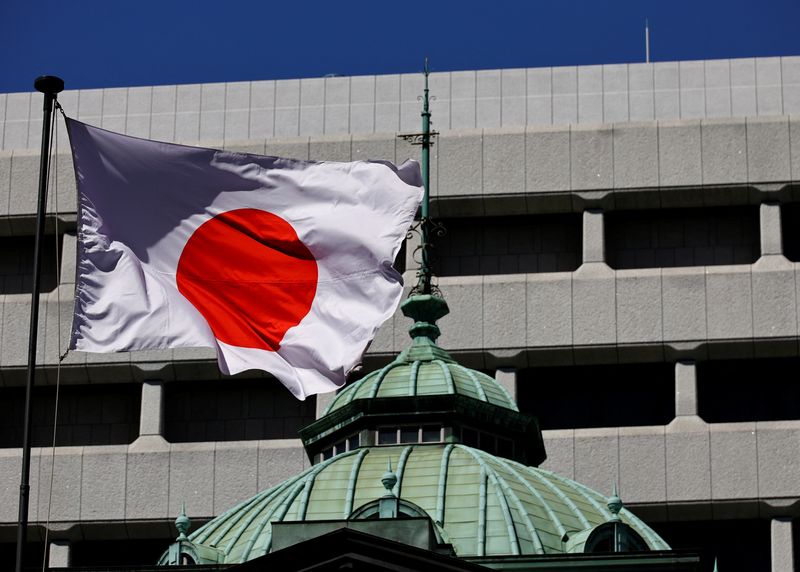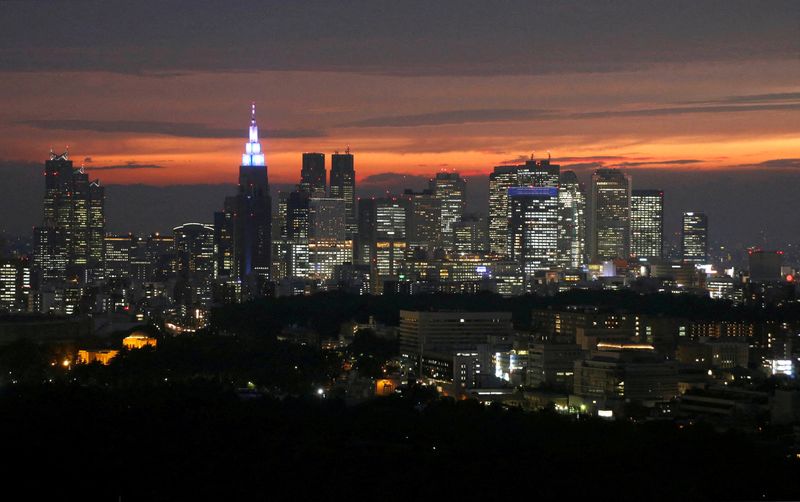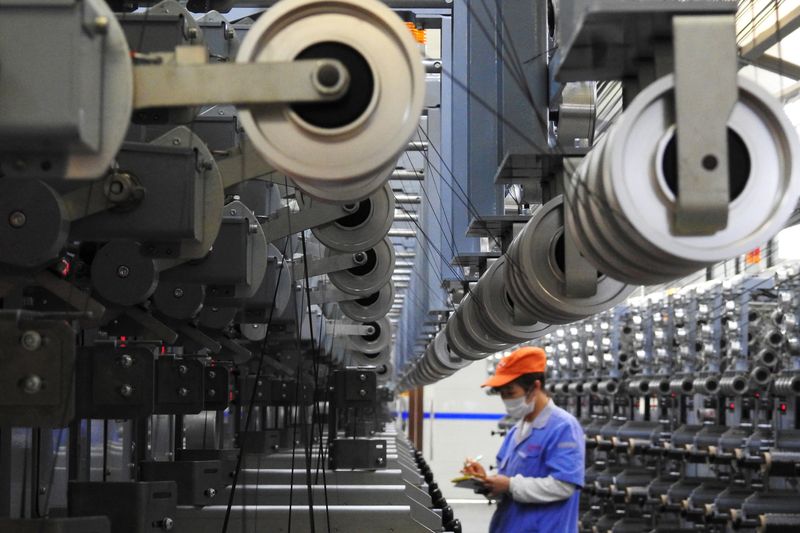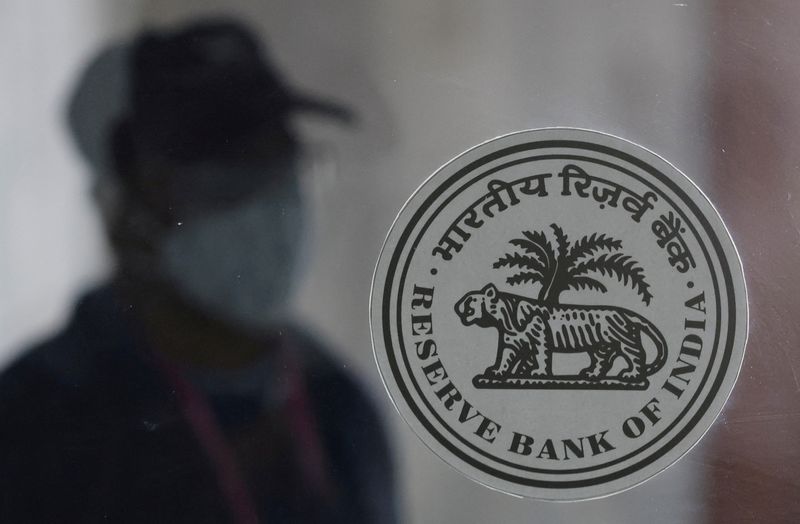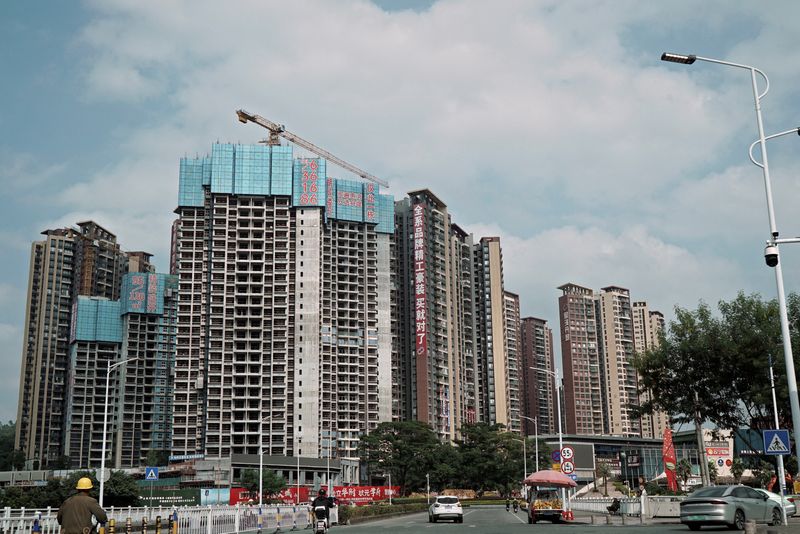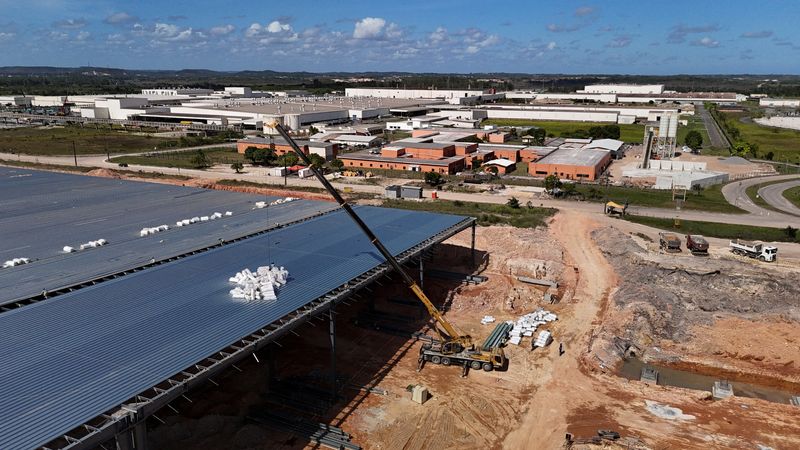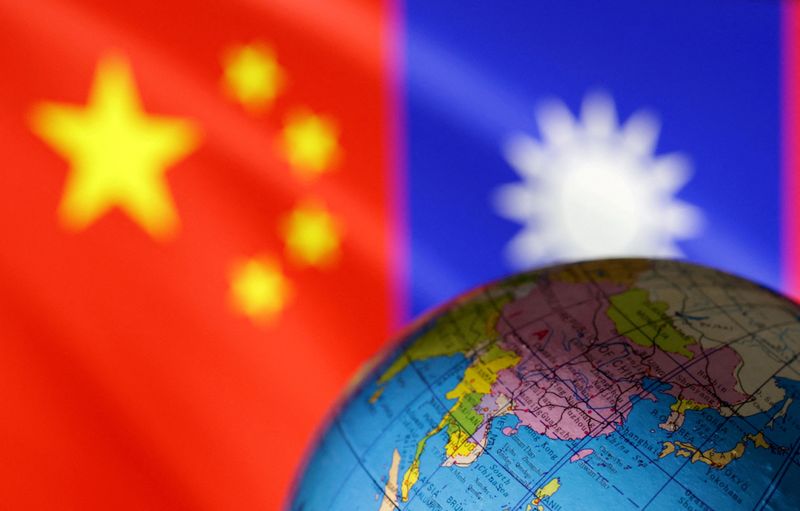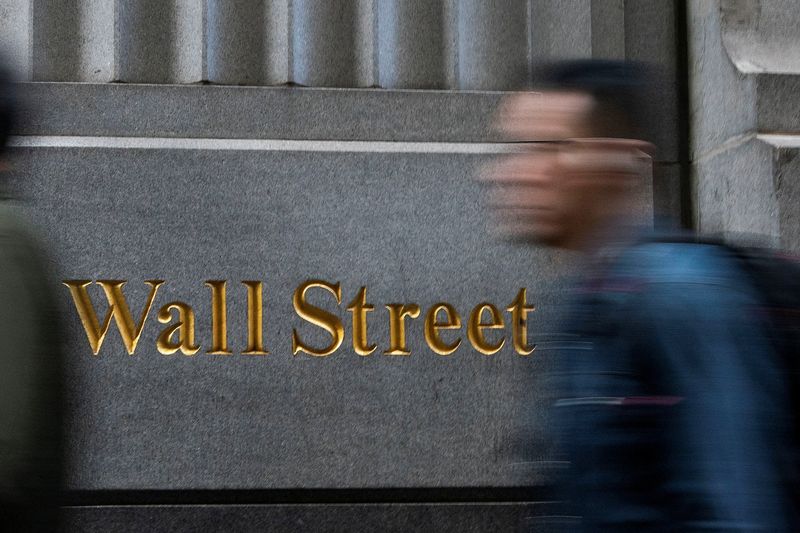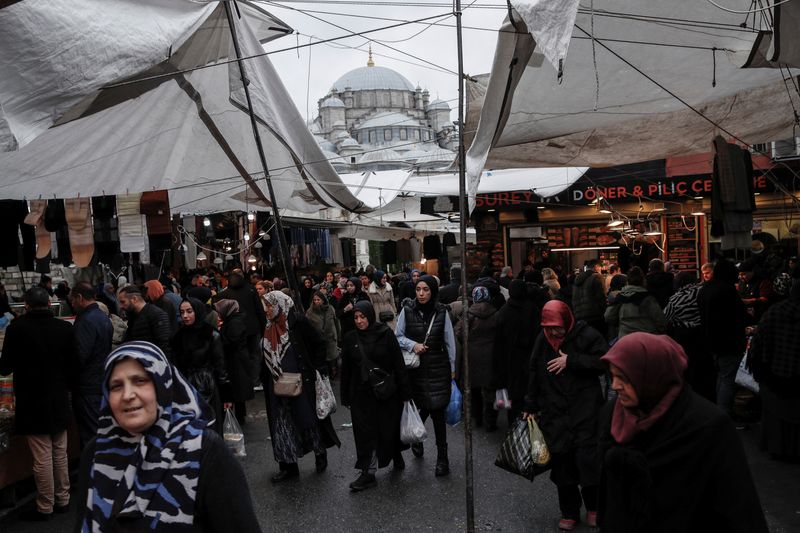By Makiko Yamazaki
TOKYO (Reuters) – Japanese manufacturers’ business sentiment soured further in December amid worries over U.S. protectionist policies and the Chinese economy, with pessimists outnumbering optimists for the first time in 10 months, the Reuters Tankan survey found.
The loss of business confidence could cloud the Bank of Japan’s forecast that a solid recovery driven by higher wages and consumption will help inflation sustainably hit its 2% target and justify raising interest rates further.
The poll of 505 big non-financial Japanese firms found that manufacturers’ sentiment tumbled to minus 1 in December from the prior month’s plus 5, the first negative reading since last February. The index is seen rebounding to plus 5 in March.
The Reuters Tankan indexes are calculated by subtracting the percentage of pessimistic respondents from optimistic ones. A negative figure means pessimists outnumber optimists.
For the latest poll, 236 firms responded on condition of anonymity between Nov. 27 and Dec. 6.
A wide range of manufacturing industries reported deteriorations in business confidence, with pessimists far outpacing optimists at electronics machinery makers, steel and nonferrous metal makers.
Several respondents expressed concerns over new and potentially hefty tariffs promised by U.S. President-elect Donald Trump that could disrupt international trade.
“We are seeing many investment projects being delayed as a wait-and-see mood has grown since Trump’s election victory,” a manager of a machinery firm wrote in the survey.
Another machinery firm manager wrote that fears of intensified trade war between the United States and China added to caution among client companies that are already worried about prolonged weakness of the Chinese economy.
Sales in China remained weak, a manager in the automotive industry wrote, as its economy continued to struggle due to a prolonged property crisis, high local-government debt and sluggish consumption.
In contrast, the service-sector index rose to plus 30 in December from 19 in the previous month. The index is expected to improve further to plus 32 in March.
“Strong inbound tourism is boosting our business,” a manager in the services sector wrote.
A manager at a transport firm cited progress in passing on costs to service prices, which in turn helped lift profits despite shortages of drivers.
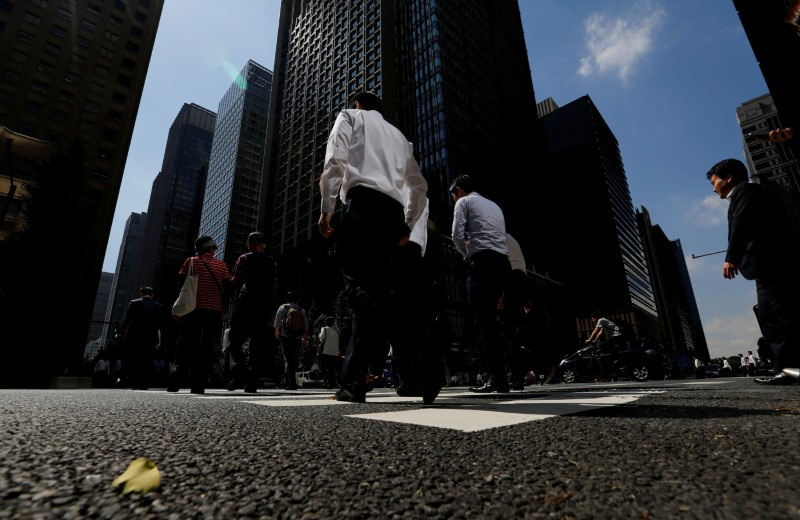
Japan’s gross domestic product growth in July-September was revised up to an annualised 1.2% from the initially reported 0.9% growth thanks partly to a smaller-than-expected decline in capital expenditure, data showed on Monday.
But a downward revision on consumption underscored the fragile nature of the economic recovery, analysts said.

